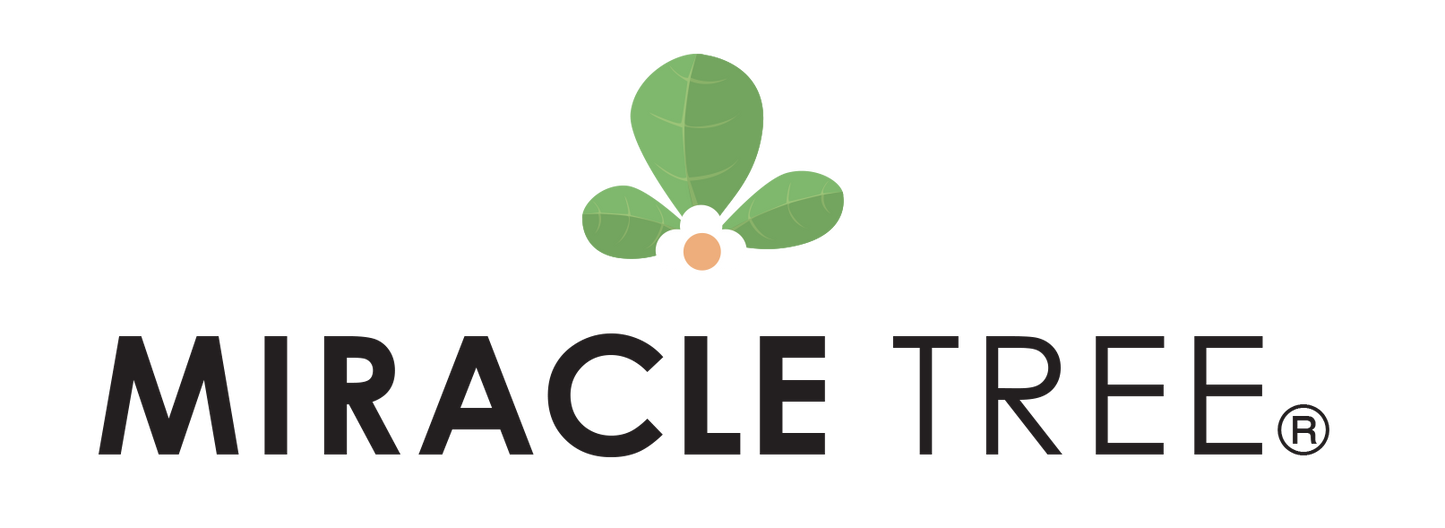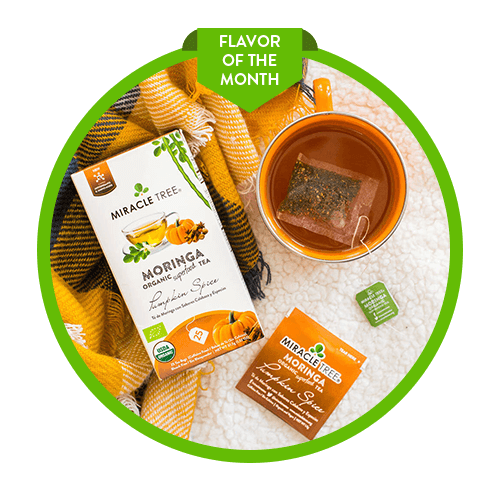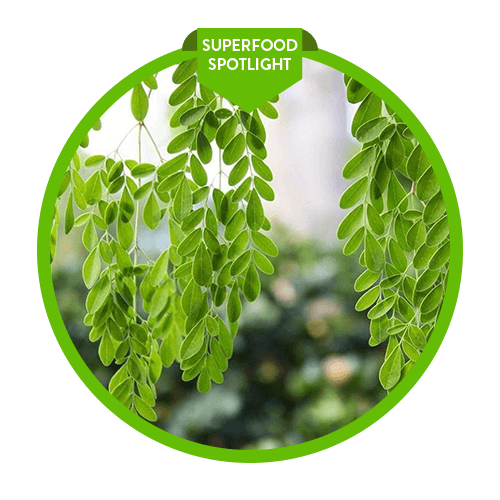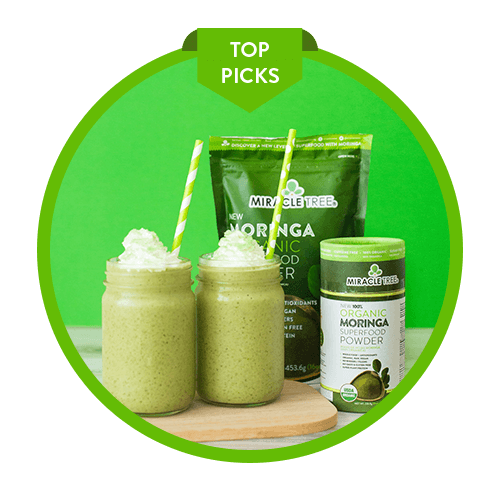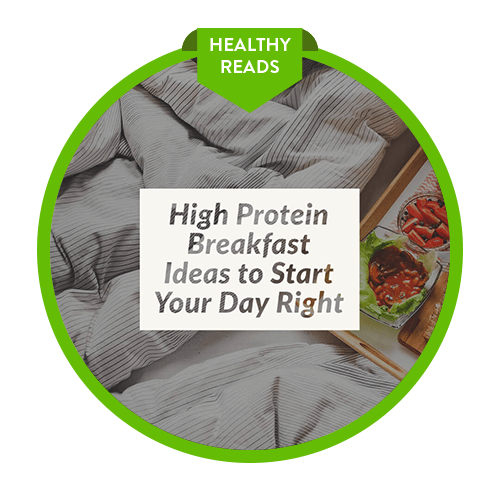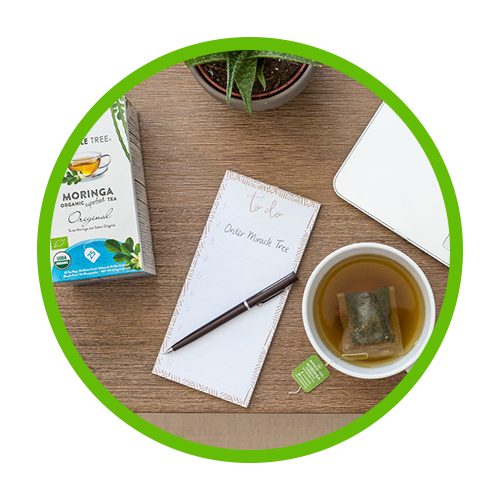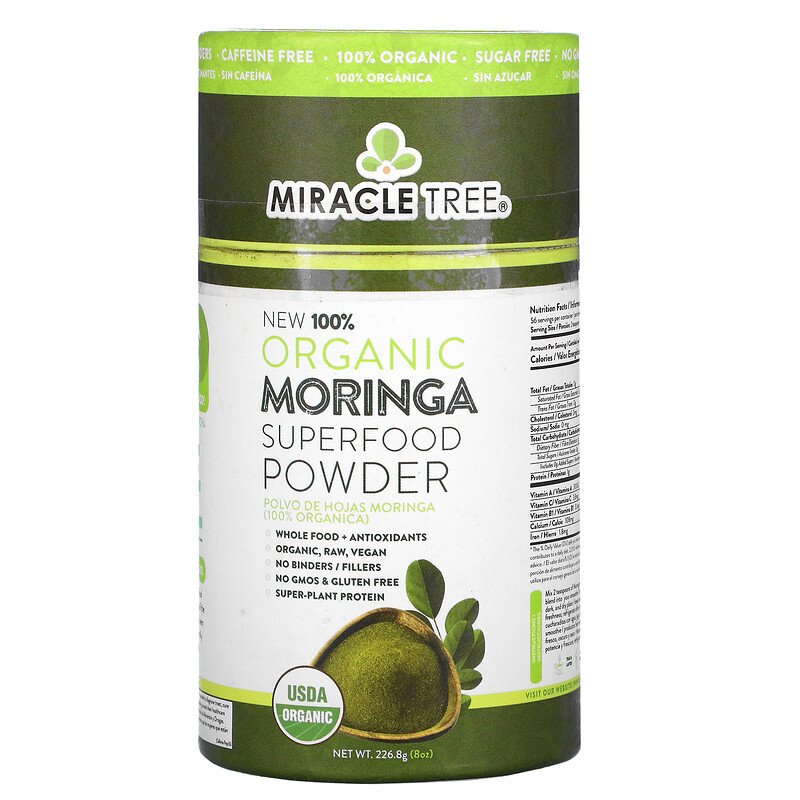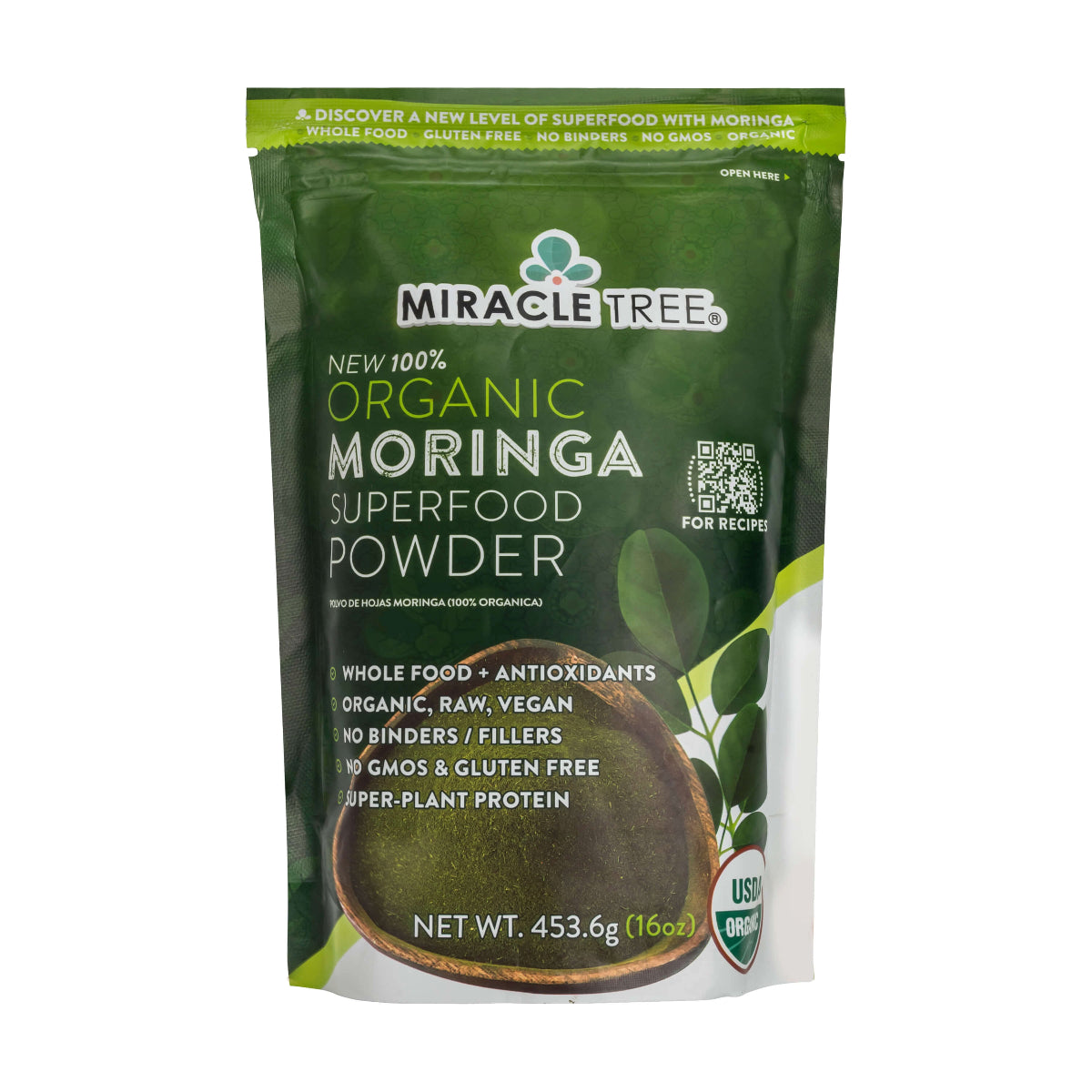Are you wondering how to add complete proteins to your diet? Here are eight complete protein sources all vegetarians should know about.
It is a common myth that vegetarians can’t get enough protein from their diet. There are many ways to get enough protein on a vegan or vegetarian diet. But it is essential to note that not all plant-based proteins are complete proteins. What are complete proteins? The human body cannot synthesize nine of the 20 amino acids that make up a protein. A protein must have equal levels of all nine of these necessary amino acids to be regarded as complete. Fortunately, there are a number of plant-based foods and combinations that include sufficient levels of each of the nine essential amino acids. Here is a list of nine vegetarian foods that are complete proteins:
Quinoa
Quinoa is one of the best sources of complete proteins as it contains lysine and the other eight necessary amino acids in sufficient amounts to meet our bodies' need for these nutrients. Just one cup of cooked quinoa provides approximately eight grams of protein. Apart from being one of the best complete proteins, quinoa also contains more magnesium, iron, fiber and zinc than many other common grains.
Tofu
Whether you opt for a vegetarian or vegan diet, tofu is one of the best plant-based complete proteins to add to your diet. Tofu has about 8 grams of protein per 3-ounce (85-gram) serving. It also contains smaller amounts of potassium and iron, 15% of the Daily Value (DV) for calcium and other nutrients.
Buckwheat
Buckwheat is one of the best complete proteins since it contains all essential amino acids in significant amounts. Six grams of protein are present in one cup (168 grams) of cooked buckwheat groats. Additionally, this pseudocereal is a good source of several essential minerals, such as phosphorus, manganese, copper, magnesium and iron.
Hemp seeds
Hemp seeds are a good source of calcium, magnesium, zinc, iron and all nine essential amino acids. Hemp seeds are an excellent source of complete protein and are also high in the essential fatty acids linoleic acid (omega-6) and alpha-linolenic acid (omega-3). 10 grams of protein and 15% of the DV for iron can be found in three tablespoons (30 grams) of raw, hulled hemp seeds.
Moringa
One of the rare complete proteins found in plants, moringa includes 17 amino acids, including all nine essential ones. Besides protein, moringa leaves also contain other nutrients. They are rich in calcium, zinc, iron, magnesium, potassium, vitamins A and C and other essential minerals and antioxidants.
Spirulina
Blue-green algae called spirulina is a popular dietary supplement for vegans and vegetarians. It is one of the most commonly consumed complete proteins. 4 grams of protein is present in just one tablespoon (7 grams) of dry spirulina.
Spirulina is a good source of copper, iron and various B vitamins. In addition to being a complete protein source, it is also high in antioxidants.
Chia seeds
All nine essential amino acids are present in the tiny, round chia seeds. In addition to having a healthy amount of omega-3 fatty acids and several crucial minerals, two tablespoons (28 grams) of chia seeds contain 4 grams of protein.
Amaranth
Amaranth is another popular complete source of protein. A cooked cup of amaranth has 246 grams, or around 9 grams, of protein. Additionally, it is a great source of iron, magnesium, phosphorus and manganese. Amaranth is a grain that can be added to a variety of dishes. It can be boiled for a side dish or porridge or fried in a skillet to provide texture to granola bars or salads.
